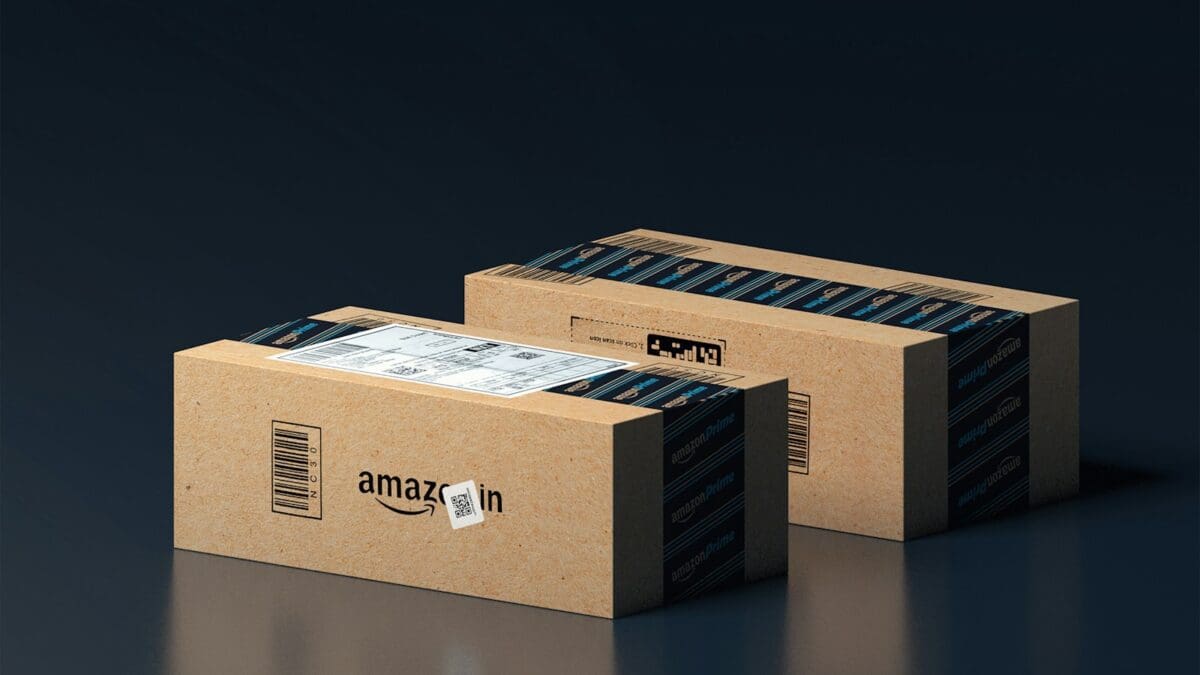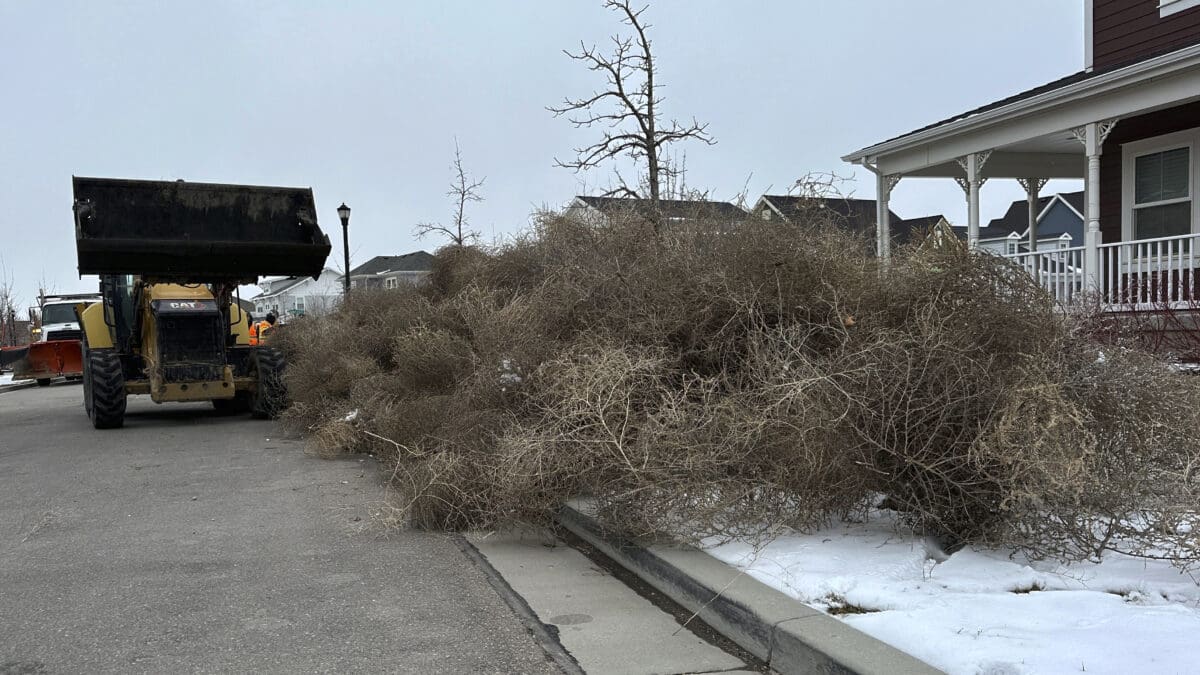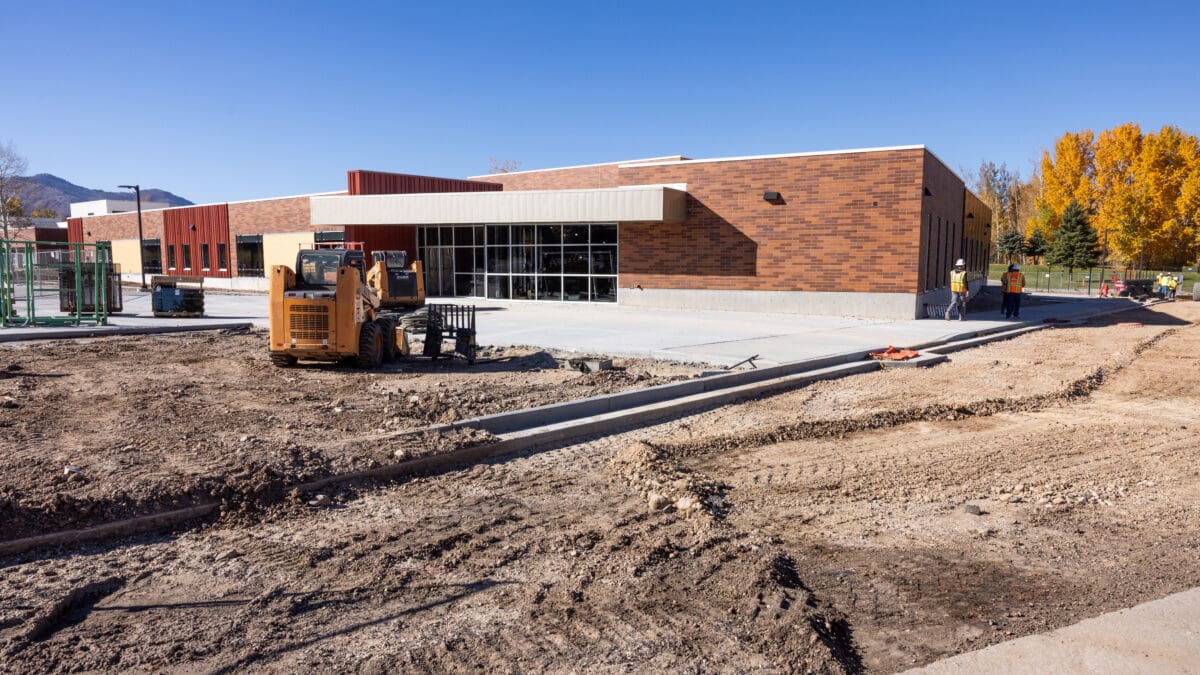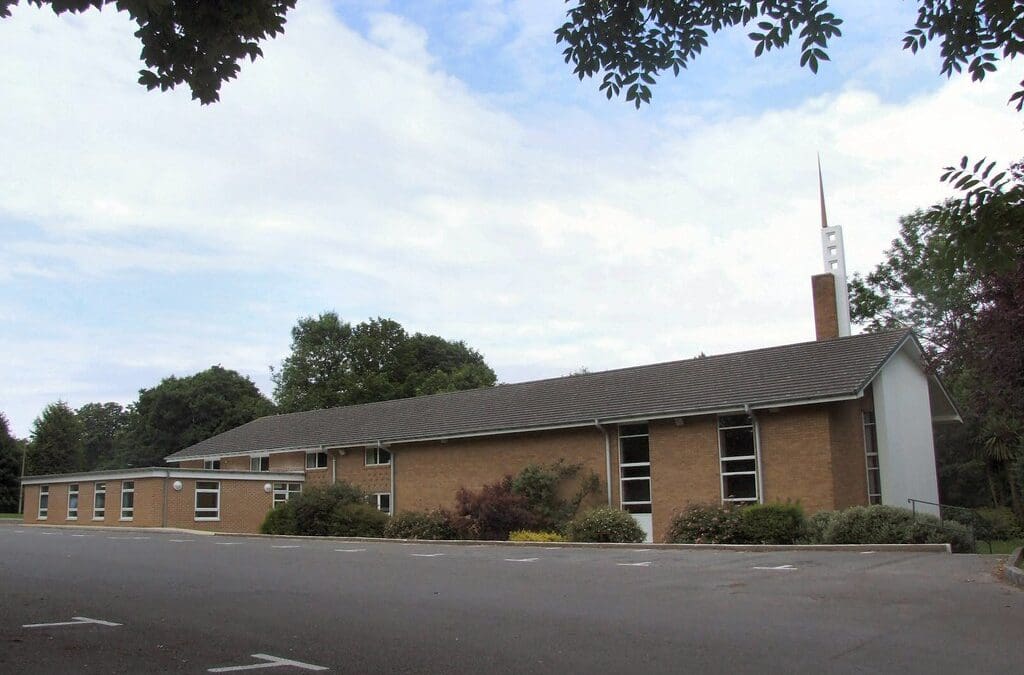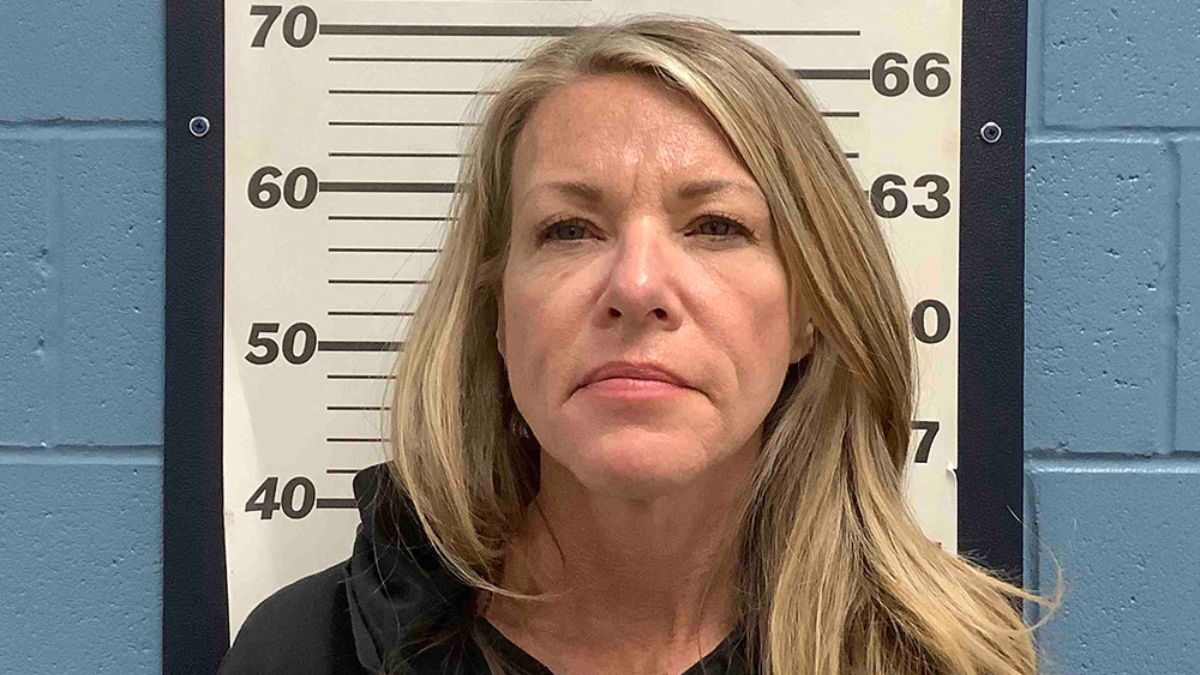Education
Pandemic, culture wars revive ‘school choice’ policy push
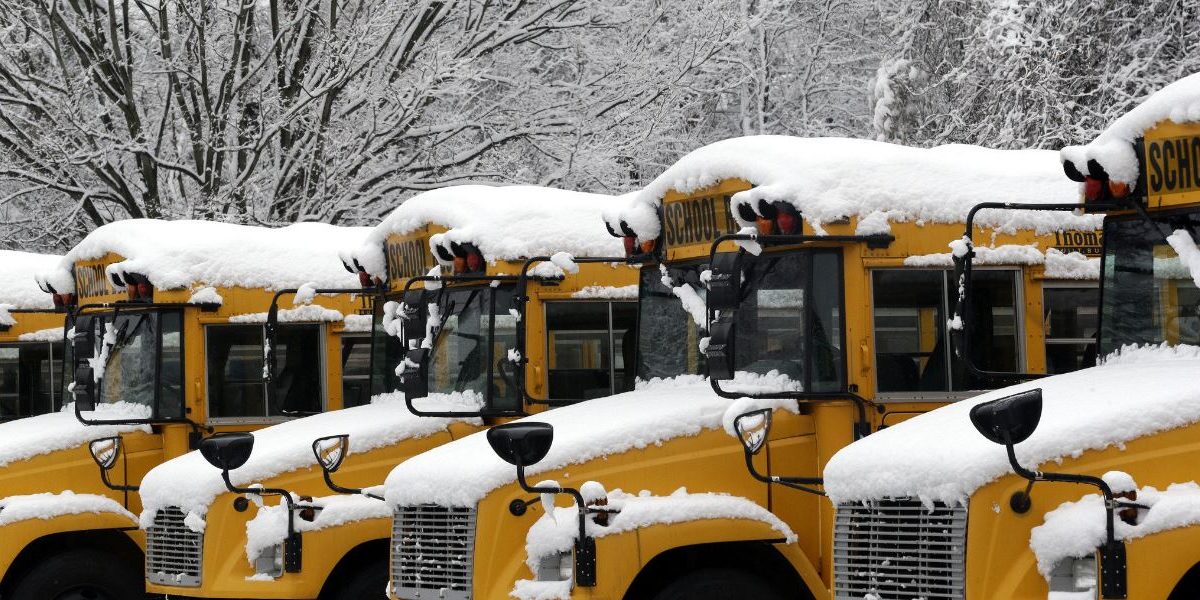
School buses in the snow. Photo: Mapleton.us
SALT LAKE CITY (AP) — Nichole Mason first became concerned when she learned administrators at her children’s public school were allowing transgender students to use girls’ bathrooms. Her frustrations mounted when she felt her children’s next school went too far with how they enforced COVID regulations during the pandemic.
Now, the mother of five is among a swelling number of parents around the United States funneling those frustrations into a renewed push to get state lawmakers to create taxpayer-funded programs to help parents pay for other educational options including private school, home-schooling or hybrid models. In Utah, a proposal would allow roughly 5,000 students to apply for $8,000 scholarships.
“If right now my kid’s school is getting $10,000 a year to educate him, he’s not thriving and I could do a better job educating him with $8,000,” said Mason, who co-founded the Utah chapter of the group Parents United. “Then I feel a moral obligation to give him an outstanding education instead of a satisfactory education.”
At least a dozen other states are considering similar legislation in what has emerged as a landmark year for school choice battles.
With memories fresh from pandemic-era school closures and curriculum battles — particularly over how matters of gender and race are taught — Mason and legions of parents like her are trekking to the marble floors of their state Capitols to fight to create education savings accounts, also known as ESAs. Though they vary, these voucher-style proposals have been introduced in states including Iowa, Illinois, Kansas, Missouri, Nebraska, Oregon, South Carolina, Texas and Utah.
No state has more legislation pending than Virginia, where Republican Gov. Glenn Youngkin won his race for governor in 2021 in the liberal-leaning state after making education grievances a key tenet of his campaign.
Additionally, GOP governors in Oklahoma and Nevada have suggested plans to push for voucher-style policies and politicians in Arkansas and Florida have said they plan to expand pre-existing programs that are currently limited to certain student populations.
“School vouchers and education savings accounts were kind of in retreat for a while. They were sort of in vogue in the ’90s and then charter schools kind of supplanted them,” said Rob Shand, an education policy professor at American University.
Now, he added, “school choice advocates are trying to capitalize on discontent with the public school system. They see a sort of a moment to try to push for push for some more choice-friendly or alternative policies.”
If enacted, education savings accounts could transform the nature of state government’s relationship with K-12 schools and deepen contrasts between how education looks in red versus blue states.
Funneling public funds toward private schools is a decades-old idea that first gained traction in the 1990s. Today, “school choice” policies in effect in conservative states include vouchers, scholarships, education savings accounts and tax credits.
Tax credits allow families to deduct amounts from their overall tax burden to be used toward alternatives to public school. Vouchers traditionally allow parents to take the funds that would otherwise be used to educate their children in public schools and put them toward tuition for accredited private or religious schools. Education savings accounts and scholarship programs are more expansive, giving parents additional latitude on how they can spend the funds, including on home-schooling.
ESAs have steadily grown in popularity over traditional vouchers due to legal challenges in states with constitutional limits on sending public money directly to religious organizations.
Statewide ESA programs now exist in Arizona and West Virginia. And in Tennessee, where a court ruled last year that a voucher program in the Nashville and Memphis area is constitutional, efforts are underway to expand them to the Chattanooga area.
In Utah, where the proposal passed the House and Senate this week, lawmakers coupled the proposal with teacher raises. Though one school choice lobbyist said she wanted to “destroy public education” with the proposal, supportive lawmakers hesitate to call their idea “vouchers” and emphasize that no more than $42 million could be used for the scholarships. In Iowa, students with vouchers would receive $7,600 — the amount sent to schools as part of the state’s per-pupil formula — and $1,200 additional dollars would be sent to public schools in their district. In South Carolina, only kids from Medicaid-eligible families could apply.
Proponents say the pandemic made the limits of a “one size fits all” approach crystal clear and hope expanding options will spur competition and make all schools better. They’re notching victories, even in states where the proposals previously failed to gain traction.
Opponents like Arizona Gov. Katie Hobbs, a Democrat, argue the dollars would be better spent bolstering chronically underfunded public schools. They see the programs as a stepping stone toward dismantling traditional public schools and further privatizing K-12 education.
Hobbs wants to roll back an expansion of a school voucher program championed last year by her GOP predecessor. Her office said this month that it would cost $1.5 billion dollars over the next decade.
The proposals also have kindled fury and resistance from teachers unions and their Democratic Party allies, who note the lump sum isn’t enough to cover most private schools. As a result, they argue, the programs will cater to wealthy and middle-class students, further entrench educational inequities and lead to worse outcomes on a statewide basis.
“This is the crack in the wall,” said John Arthur, the 2021 Utah Teacher of the Year. “After it’s cracked, the splinters will come. Once people wrap their head around the idea of of public money going to private schools and become more comfortable with it, then the amount of money taken will grow.”
Both sides have noticed the number of proposals under consideration this year exceeds prior years.
“It’s happening across the nation, where parents — some are waking up and some are getting the courage to speaking out about their child’s educational journey,” Wade Moore, a bishop at a non-denominational Christian Faith Center said at a rally in Topeka. “We have new parents, millennial parents. They were born in choice. They’ve always had a choice in everything, except education.”
___
By SAM METZ and HEATHER HOLLINGSWORTH
Hollingsworth reported from Mission, Kansas. AP writers Cheyanne Mumphrey in Phoenix; John Hanna in Topeka, Kansas; James Pollard in Columbia, South Carolina; and Scott McFetridge in Des Moines, Iowa contributed reporting.











